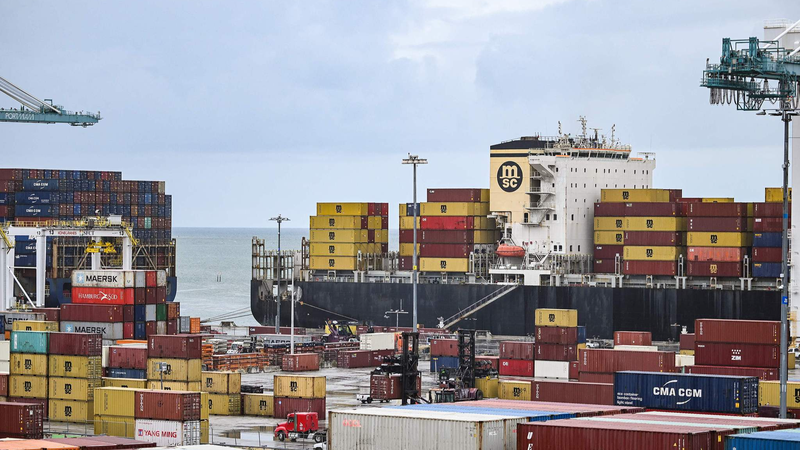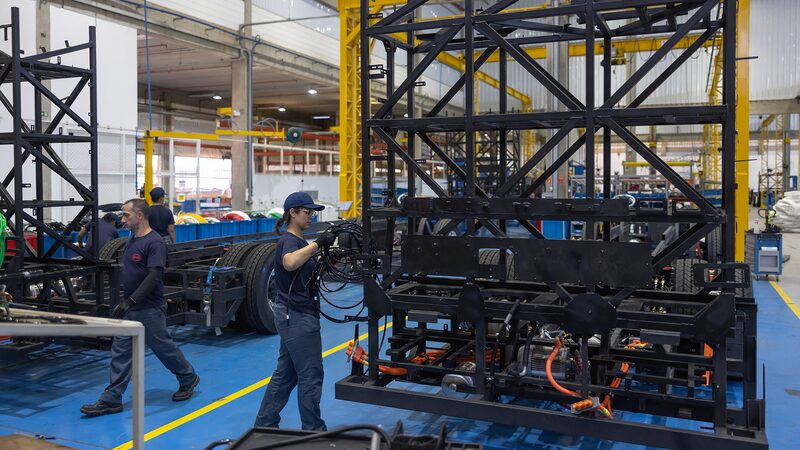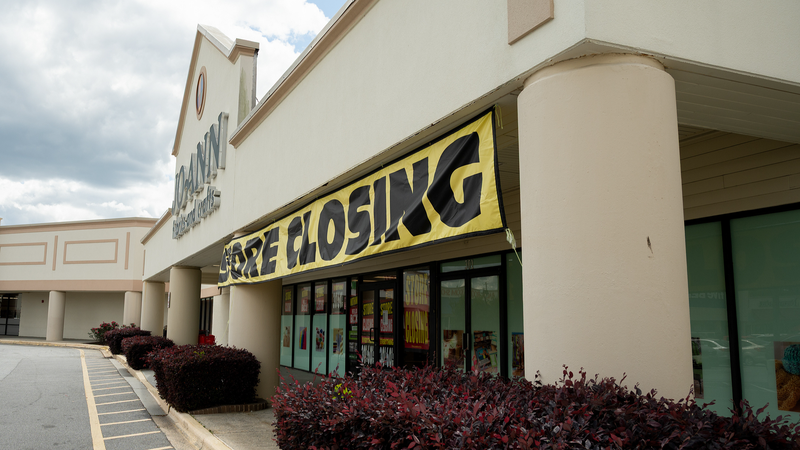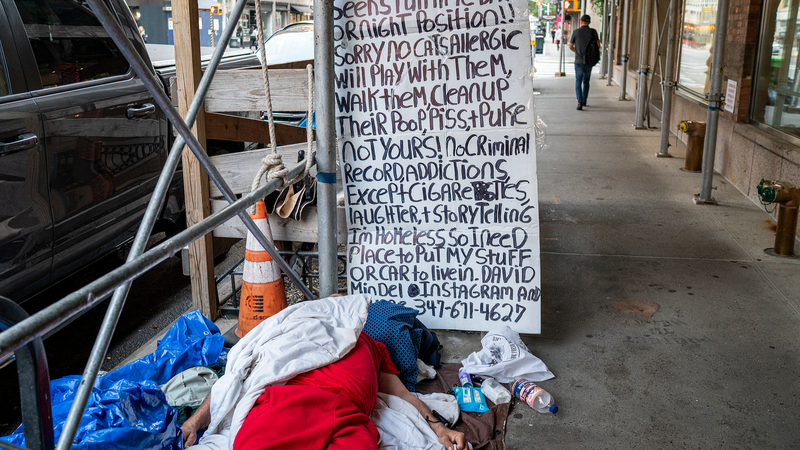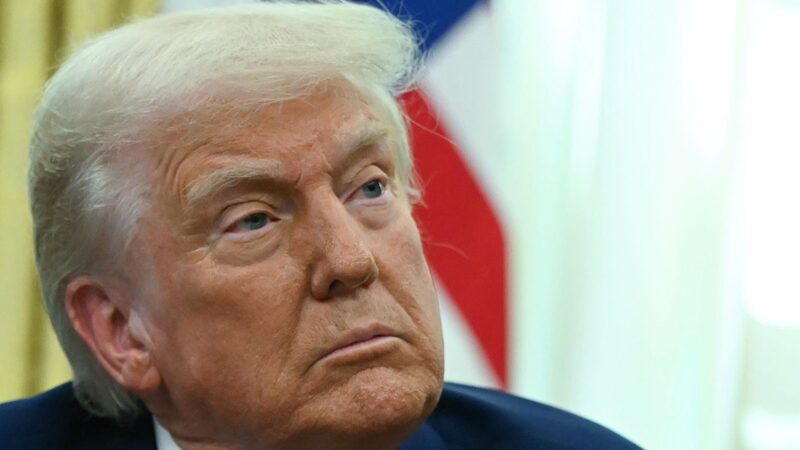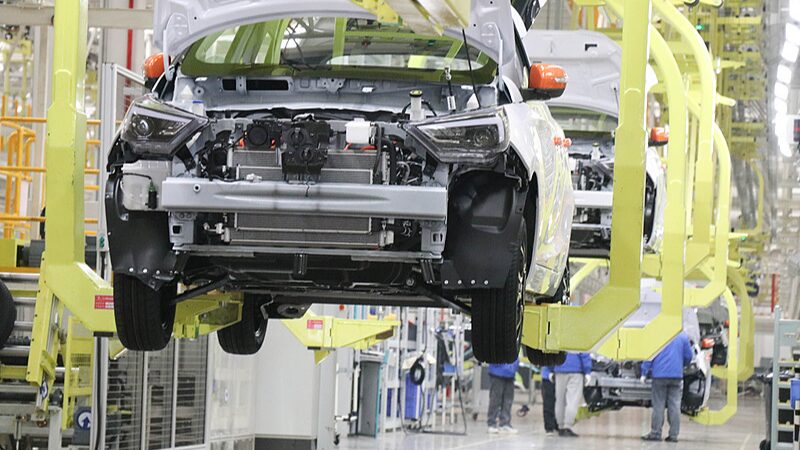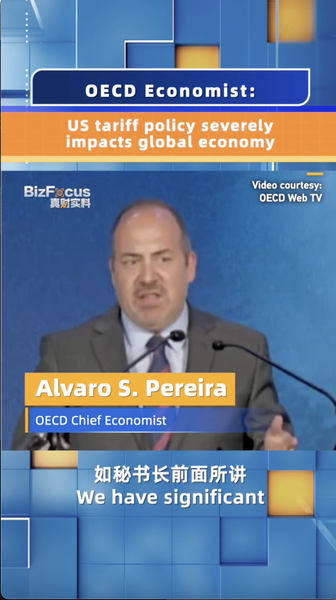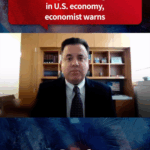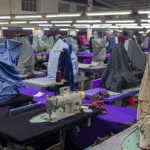The U.S. has enacted historic tariff hikes, raising average import duties to 17%—levels unseen in decades—and igniting fears of a global economic slowdown. The move, described by experts as a "dark day" for trade, risks disrupting supply chains, inflating consumer prices, and straining international relations.
Economic Shockwaves
Yale University's Budget Lab estimates the tariffs could cost U.S. households up to $2,400 in income-equivalent losses by 2025, with short-term consumer prices rising 1.8%. Bloomberg economist Maeva Cousin warns U.S. GDP may drop 1.8% over the next three years, while core inflation could climb 1.1%.
Global Backlash
India, Brazil, and South Africa face the highest tariffs, prompting sharp criticism. India’s foreign ministry condemned the levies as "unfair and unjustified," while Brazilian President Luiz Inacio Lula da Silva refused to "humiliate" himself by negotiating with U.S. leaders. European officials criticized recent EU-U.S. trade deals as "unequal," with France accusing the EU of capitulating to American demands.
Trade System Fractured
Cornell University’s Eswar Prasad called the tariffs a decisive blow to the rules-based global trading system, warning that rebuilding trust among nations will take years. The August 7 enactment follows months of tense negotiations, with some countries securing last-minute exemptions while others faced punitive rates.
As households brace for higher costs and economists predict slower growth, the tariffs mark a pivotal shift in global trade dynamics—one that could redefine economic alliances and market strategies for years to come.
Reference(s):
'Dark day' for trade as U.S. raises tariffs to historic highs
cgtn.com
